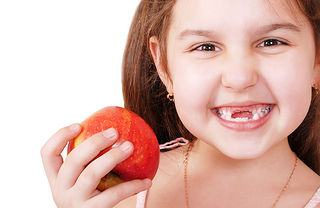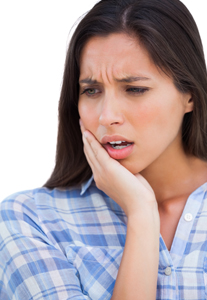What is a cavity?
January 26th, 2022

Cavities are the reason why most people fear going to the dentist. But they’re also the reason you should be visiting Drs. James and Mary Rose Twohig on a regular basis.
Specifically, cavities are the breakdown of teeth caused by acid from food, bacteria, and plaque that inhabit the inside of the mouth. While many people simply think that cavities only form on top of a tooth, Drs. James and Mary Rose Twohig and our team at Twohig Dentistry want you to know they can actually form on the sides along the gum line and between the teeth, too. This acid will eat away at the tooth, forming a soft hole.
Anybody, either children and adults, can get cavities. In fact, according to the Centers for Disease Control and Prevention, in the U.S. alone about 16 percent of all children ages six to 19 have untreated cavities, and about 24 percent of adults 20 to 64 years old have them. This is detrimental to overall oral health, because cavities have a tendency to grow over time, potentially spreading to other teeth and causing increased oral pain, possibly even affecting the nerve.
That's why it's important to ensure that you're visiting Twohig Dentistry at least once every six months, so that cavities can be found and filled before they become too problematic and painful. Typically, they're found by doing a routine teeth cleaning, though X-rays or further examination may be necessary to determine the full extent of a cavity. Cavities are treated by removing the area of the tooth where decay has set in and rebuilding the tooth with a metal filling. If the cavity is too large, however, more extreme measures may be necessary, such as placing a crown or performing a root canal.
As we noted above, cavities are why people dread going to the dentist, but also the reason everyone should see the dentist every six months. Additionally, brushing twice daily, flossing, and cutting down on sugar-packed foods can reduce the risk of developing cavities.
For more information on how to best care for your teeth and why it's important to visit the dentist twice a year, please give us a call at our convenient Albuquerque office today!




 Website Powered by Sesame 24-7™
Website Powered by Sesame 24-7™